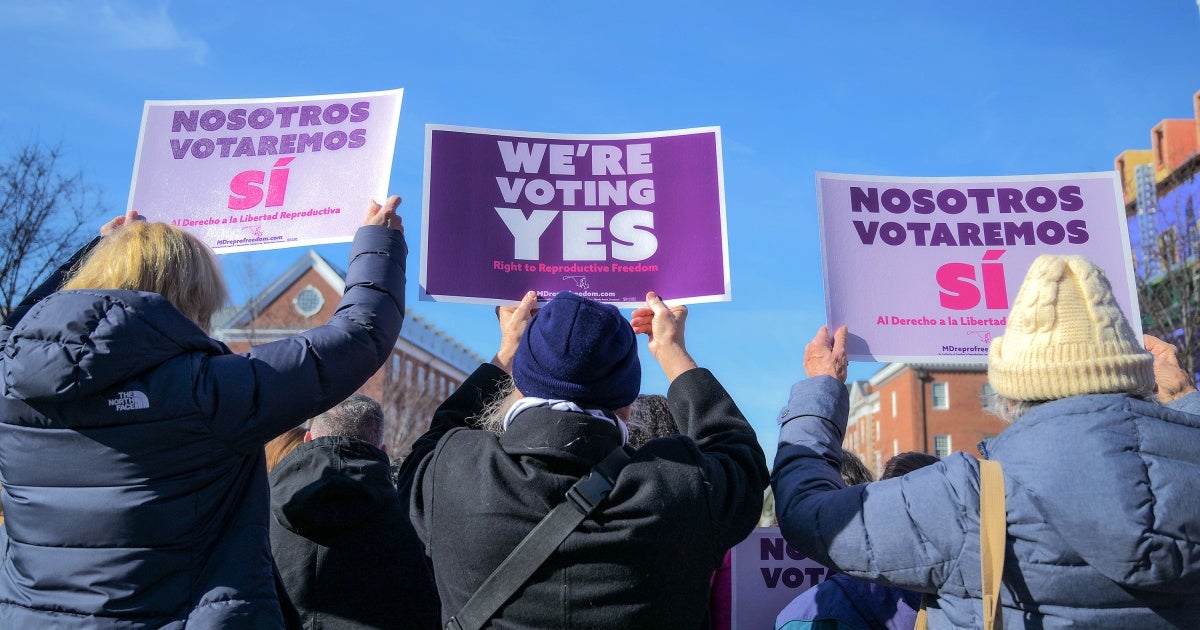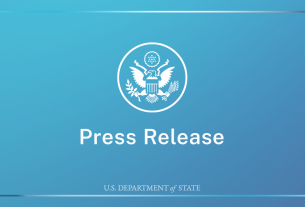With the United States election one week away, millions of voters have the opportunity to support human rights as they cast their ballots. Ten states have abortion-related measures on the ballot. Most would enshrine abortion rights in state constitutions.
The Supreme Court’s 2022 decision to eliminate the constitutional right to abortion has had devastating impacts on health and lives. Thirteen states now ban abortion completely, and many others have harshly restricted access. Pregnant people have experienced life-threatening delays and denials of health care. Last month, ProPublica reported on the preventable deaths of two women, Amber Nicole Thurman and Candi Miller, due to Georgia’s abortion ban.
Abortion bans and restrictions disproportionately harm Black, Indigenous, and other people of color, people with low incomes, as well as young people under 18 who face harmful forced parental involvement laws and other systemic barriers.
But now, voters in 10 states have the chance to defend reproductive freedom.
Some ballot measures would expand abortion access in states where it is restricted. Missouri’s Amendment 3 would end the state’s total abortion ban. Florida’s Amendment 4 would end a ban after six weeks of pregnancy and protect abortion rights before fetal viability in the state constitution. Arizona’s Proposition 139 would also establish a constitutional right to abortion until fetal viability. In South Dakota, where abortion is completely banned, Amendment G would establish a constitutional right to abortion in the first trimester and provide a legal framework to regulate access to care beyond that point.
Other measures would safeguard abortion in states where it is already accessible. In Colorado, Amendment 79 would make abortion a constitutional right and repeal a ban on state and local government funding for abortion care. Measures in Maryland, Montana, and Nevada would strengthen existing protections for abortion rights. Prop 1 in New York would prohibit discrimination based on “pregnancy, pregnancy outcomes, and reproductive healthcare and autonomy.”
Nebraska has competing measures: Initiative 434—the only measure in the country seeking to restrict access—would ban abortion after the first trimester and Initiative 439 would guarantee the right to abortion until viability.
Taken together, the ballot measures, with the exception of Nebraska’s Initiative 434, would help to restore abortion access for tens of millions of people who are forced to travel out of state, access abortion outside the health system, or forgo care.
Voters in these 10 states have tremendous power to help address the US’s reproductive healthcare crisis. The exercise of a range of human rights—to life, health, privacy, bodily autonomy, and nondiscrimination—are at stake.



